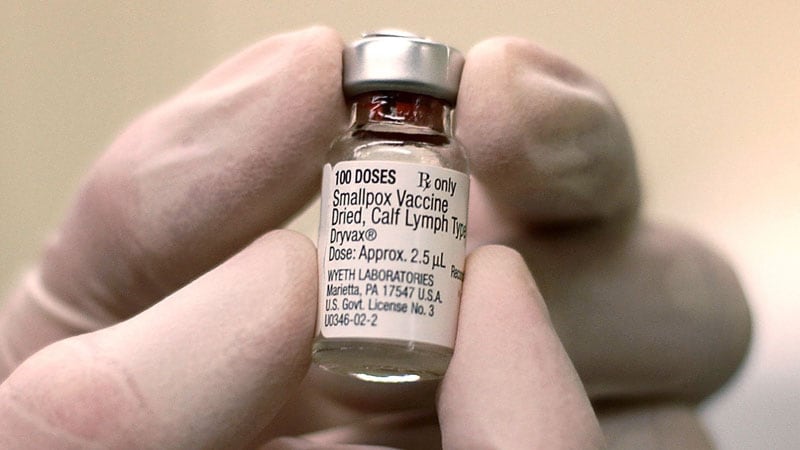_1721853244.webp)
Twice-yearly shots used to treat HIV/AIDS were 100% effective in preventing new infections in women, according to study results published Wednesday, July 24.
Researchers say there were no infections in the young women and girls that got the shots in a study of about 5,000 in South Africa and Uganda
In a group that was given daily prevention pills, roughly 2% ended up catching HIV from infected sex partners.
“To see this level of protection is stunning,” said Salim Abdool Karim of the injections. He is director of an AIDS research center in Durban, South Africa, who was not part of the research.
The injections made by U.S. drugmaker Gilead and sold as Sunlenca are approved in the U.S., Canada and Europe , but only as a treatment for HIV. The company said it is waiting for results of testing in men before seeking permission to use it to protect against infection.
The results in women were published in the New England Journal of Medicine and discussed at an AIDS conference in Munich on Wednesday
Because of the surprisingly encouraging results, the study was stopped early and all participants were offered the shots, also known as lenacapavir.
In the new study, only about 30% of participants given Gilead’s Truvada or Descovy prevention pills actually took them — and that figure dropped over time.
The prospect of a twice-a-year shot is “quite revolutionary news” for our patients, said Thandeka Nkosi, who ran the Gilead research at the Desmond Tutu Health Foundation in Masiphumelele, South Africa.
“It gives participants a choice and it just eliminates the whole stigma around taking pills” to prevent HIV.
Experts said they were excited about the Sunlenca shots but are concerned Gilead hasn’t yet agreed on an affordable price for those who need them the most.
“Gilead has a tool that could change the trajectory of the HIV epidemic,” said Winnie Byanyima, executive director of the Geneva-based U.N. AIDS agency.
As a HIV treatment, the drug costs more than $40,000 a year in the U.S., more than what millions in Africa could afford..
Dr. Helen Bygrave of Doctors Without Borders said in a statement that the injections could “reverse the epidemic if it is made available in the countries with the highest rate of new infections.”
She urged Gilead to publish a price for Sunlenca that would be affordable for all countries.
Last month, Gilead said it was too early to say how much Sunlenca would cost for prevention in poorer countries. Dr. Jared Baeten, Gilead’s senior vice president of clinical development, said the company was already talking to generics manufacturers and understood how “deeply important it is that we move at speed.”
Another HIV prevention shot, Apretude, which is given every two months, is approved in some countries, including in Africa. It sells for about $180 per patient per year, which is still too pricey for Africans.
In 2023, 630 000 [500 000–820 000] people died from HIV-related causes globally. Since 2010, HIV-related deaths have been reduced by 51%, from 1.3 million [1.0 million–1.7 million]. The global HIV epidemic claimed 69% fewer lives in 2023 since the peak in 2004.




